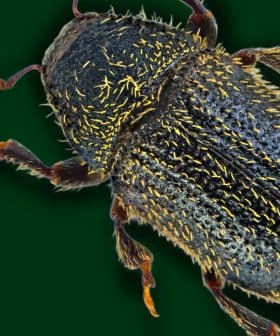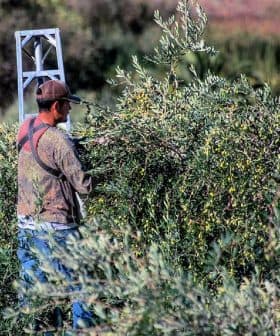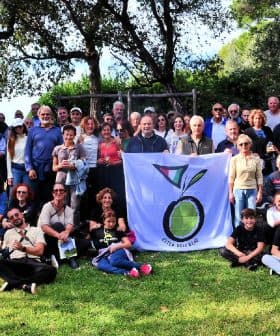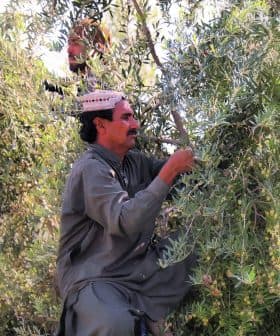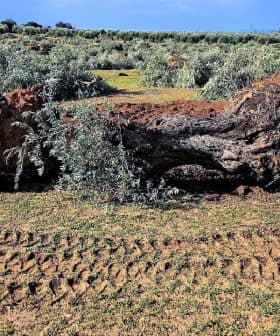Portugal Bans Nocturnal Olive Harvesting Practice for Upcoming Season
While conservationists have hailed the move as a step in the right direction, many of them have urged the country's ministry fo agriculture to make the ban permanent.
The Portuguese government has banned nocturnal suction olive harvesting for the upcoming crop year due to significant bird mortality, with the Institute for Nature Conservation and Forests pledging to intensify inspections to ensure compliance. Despite positive reactions from conservationists, concerns remain over the temporary nature of the ban and the need for a permanent end to the harmful practice, as millions of birds are killed each year in the Mediterranean basin during nocturnal olive harvesting.
The Portuguese government has confirmed that nocturnal suction olive harvesting will be banned during the upcoming crop year after a national study concluded that the practice resulted in significant bird mortality.
Portugal’s Institute for Nature Conservation and Forests (INCF) have pledged to intensify olive farm inspections between October 2020 and March 2021 to ensure growers comply with the national ban on the use of mechanical harvesters at night.
See Also:Millions of Birds Killed by Nighttime Harvesting in MediterraneanThe INCF stipulated that the disturbance and mortality of birds was a violation of Portuguese law and warned that anyone flouting the nocturnal harvesting ban could face criminal charges.
While Joaquim Teodósio, head of terrestrial conservation at Portugal’s Society for the Study of Birds (SPEA) welcomed the move as a step in the right direction, he told Olive Oil Times that the practice of nocturnal olive harvesting should have been permanently outlawed instead of simply introducing a ban for the upcoming season then reconsidering the decision on an annual basis.
“The Ministry of Agriculture hasn’t issued a statement clearly forbidding this practice, which leaves it up to authorities on the ground to interpret the law on a case-by-case basis,” he said. “We’d like to see a firmer position from the ministry, and a permanent end to this harmful harvest.”
A study published by the INCF in 2019 found that millions of songbirds were being killed every year in the Mediterranean basin as a result of nocturnal suction olive harvesting.
See Also:Bans on Night Harvesting Have Alleviated Threat to Migratory BirdsIt is estimated that in Portugal alone around 96,000 birds are killed each harvest season. Attempts to prevent the mass death of birds (including deliberately scaring them) had been largely ineffective. Many olive producers have now recognized the negative impact of nocturnal harvesting.
In October 2019, Andalusia’s provincial government announced a temporary ban on nocturnal harvesting for the 2019/20 crop year. The same INCF study estimated that 2.6 million birds were being killed during the region’s harvest each year.
Share this article



